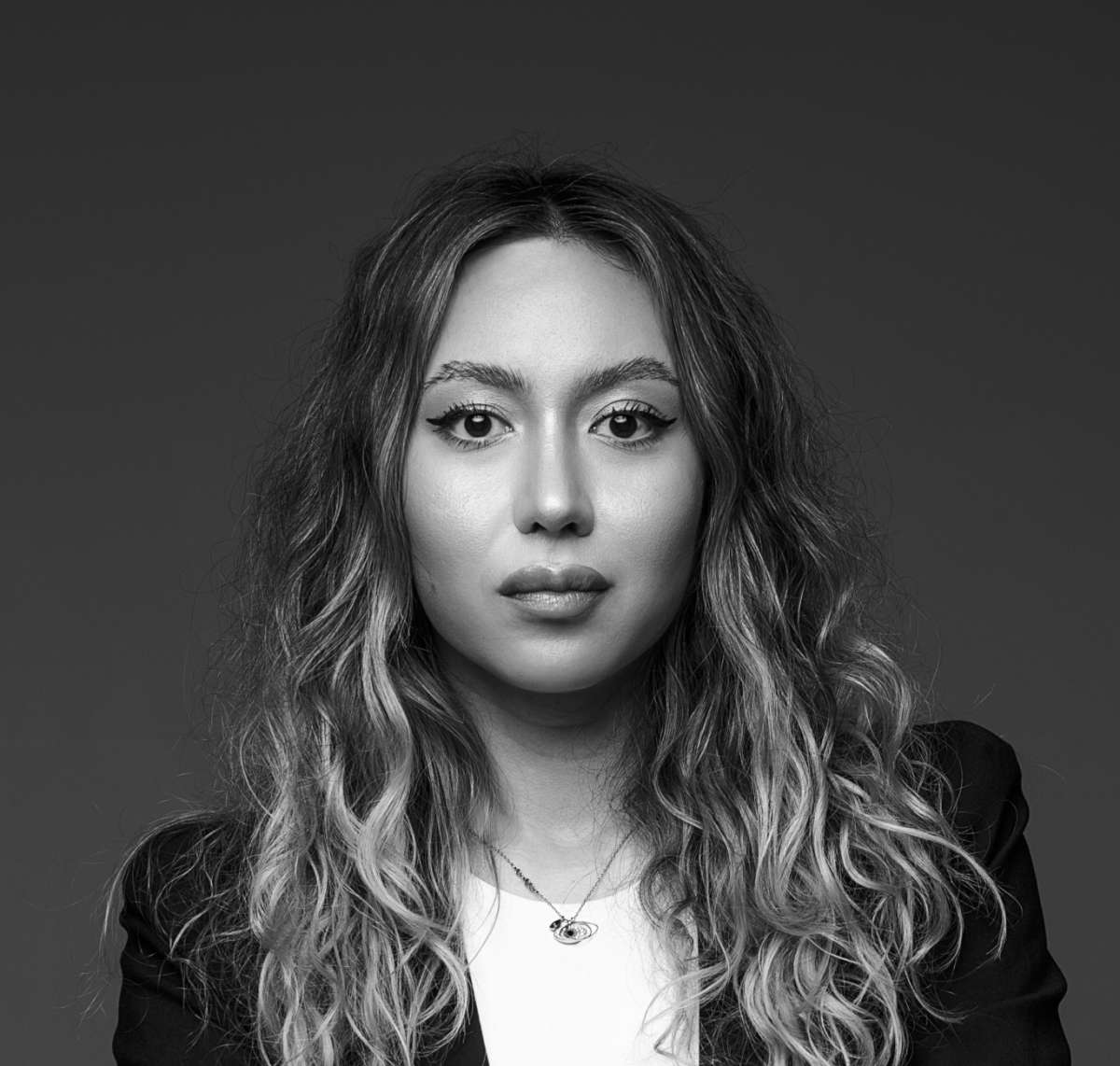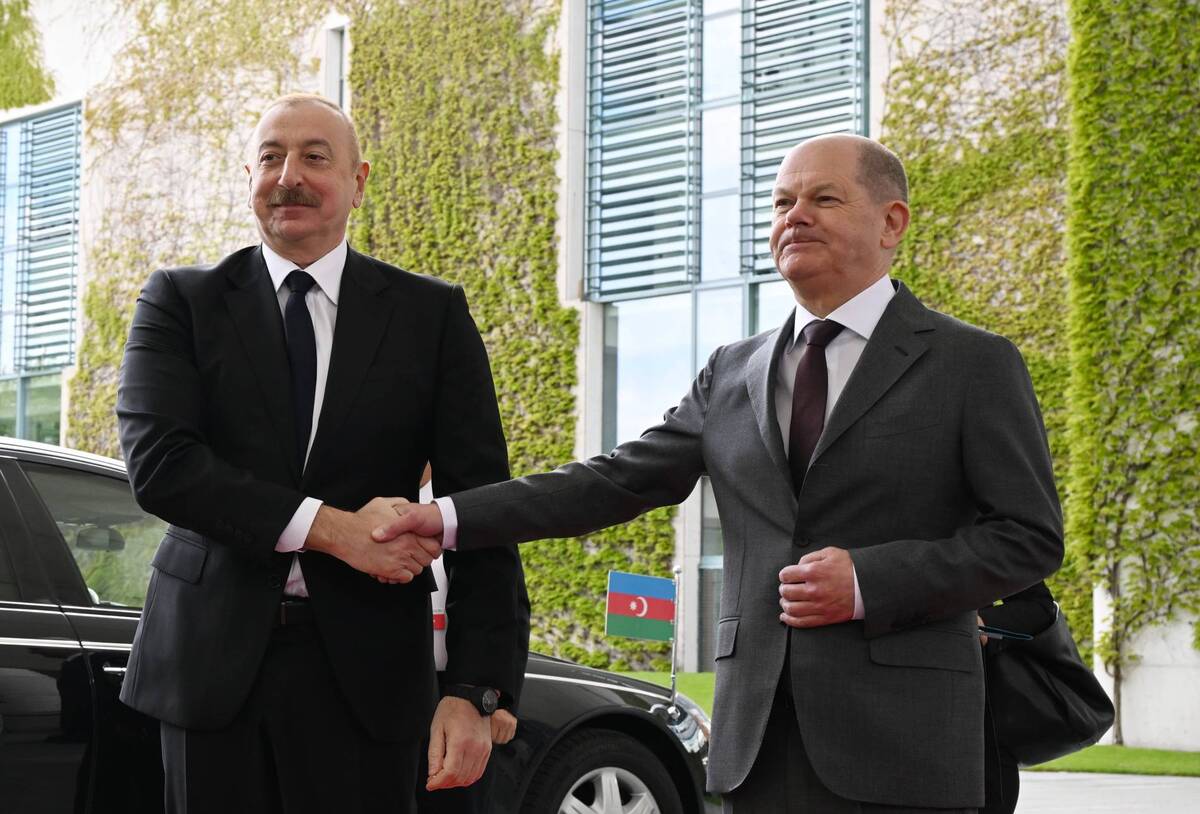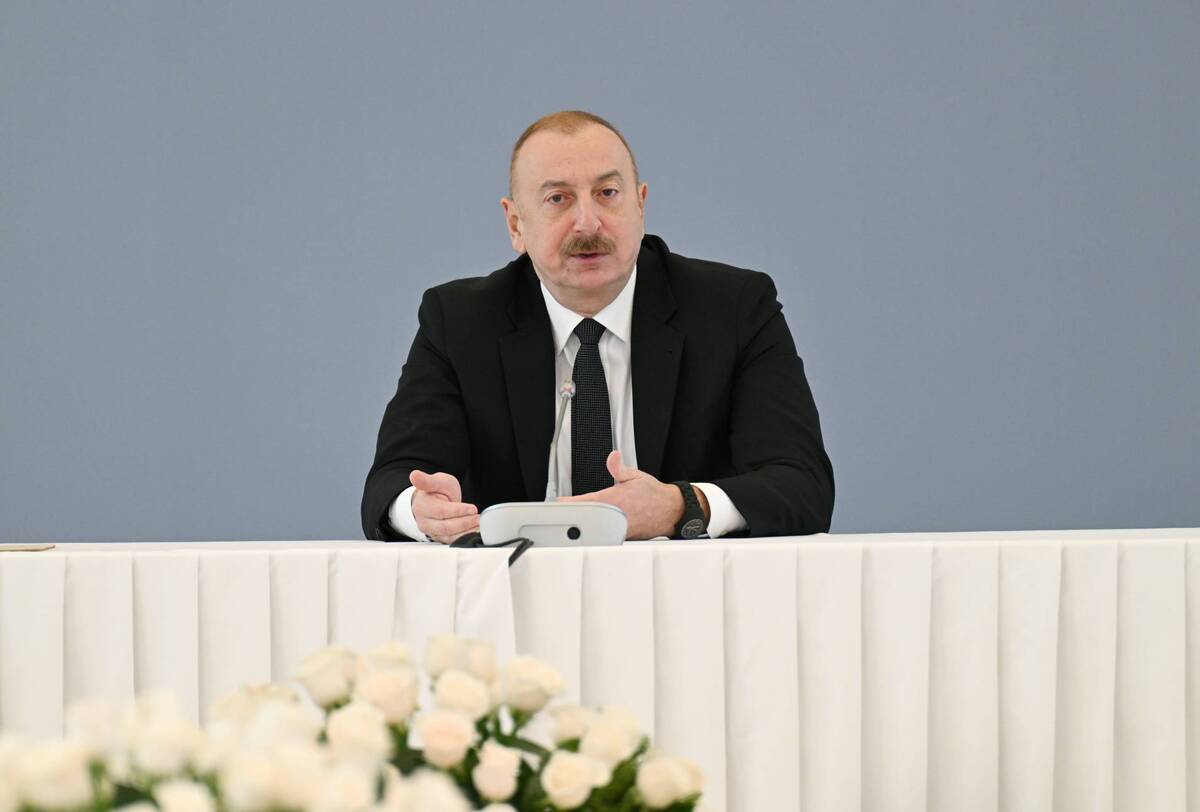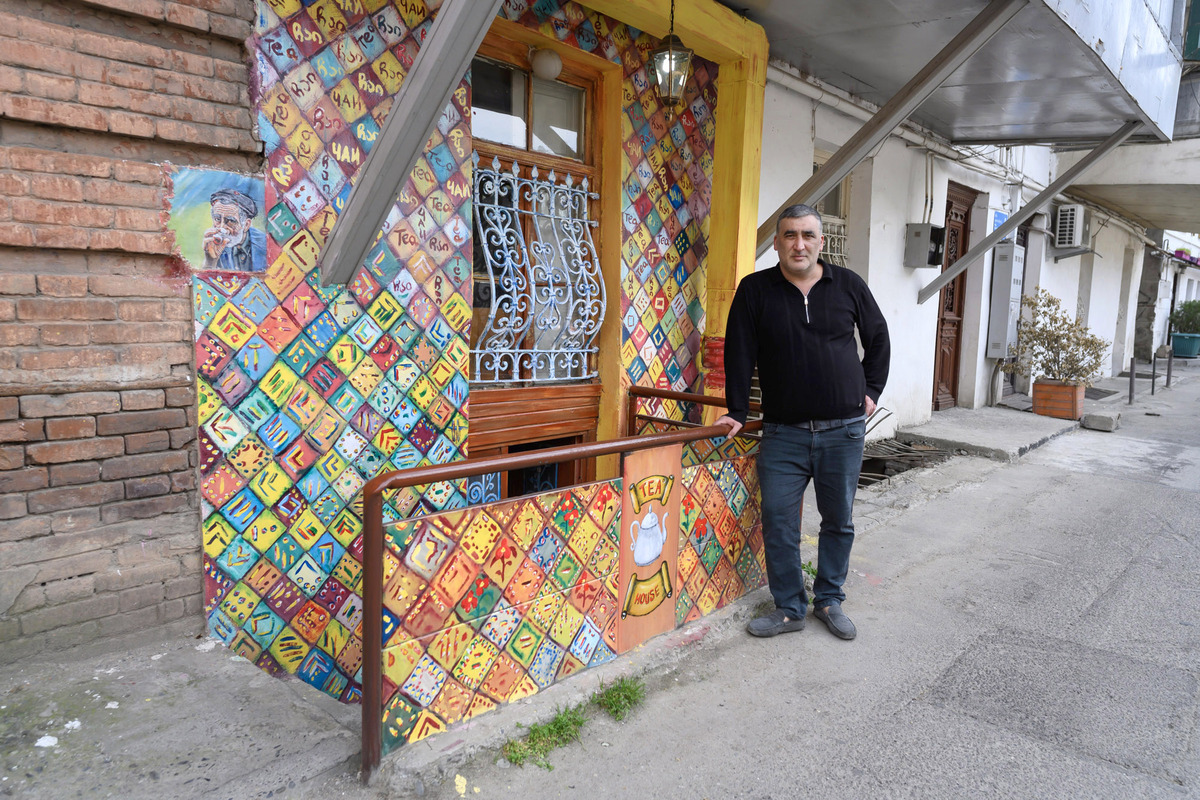- Home
- Tahmina Rafaella: The Venice Film Festival, Patriarchy in Azerbaijan, and Life in LA
Tahmina Rafaella: The Venice Film Festival, Patriarchy in Azerbaijan, and Life in LA
Tahmina Rafaella, the director and lead actor of "Banu," talks about her journey and the societal issues in her native Azerbaijan that inspired her to create her debut movie.
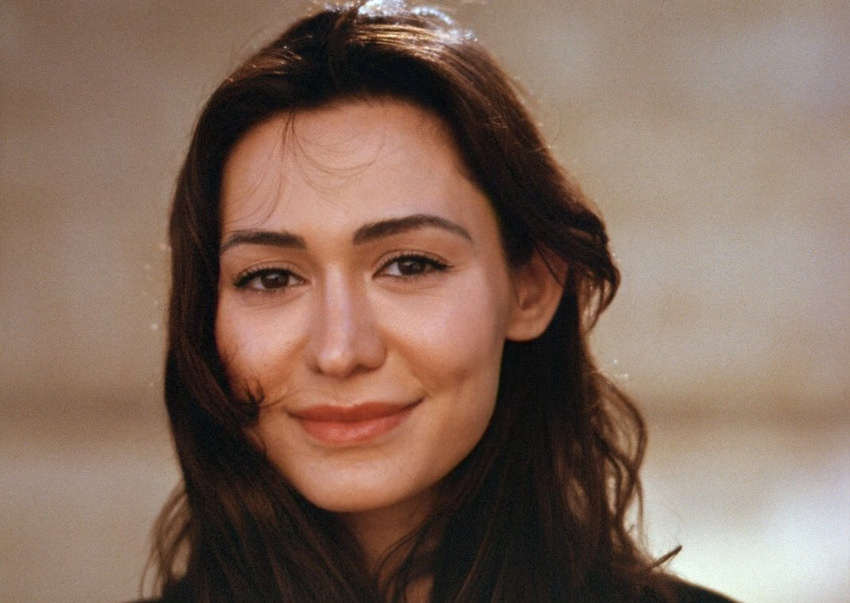
Image: courtesy photo
Tahmina Rafaella, a young Azerbaijani film director currently based in LA, has just returned from her trip to Japan, where she was presenting her debut feature film, Banu. It became one of the few films last year to win in the Venice Film Festival’s Biennale College Cinema program and be given €150,000 to finance the film production and an opportunity to premiere it at the Venice Film Festival.
“I haven’t been able to travel to every country where our film has been played, but Japan has been so awesome!” the young filmmaker says. “I do want for as many people to see it,” she explains, as not many people know much about Azerbaijan, and her film can be eye-opening to a wider audience worldwide by shedding light on the country’s societal issues.
The issues at hand are patriarchy, nationalism, and war that aptly fit into the portrayal of Azerbaijan and its society today as we follow the main character Banu fighting for custody of her son against the movie’s antagonist, her influential husband. This personal drama unfolds during the last days of the 2020 Second Karabakh War between Azerbaijan and Armenia.
Tahmina, who, besides directing, played the leading role of Banu in her debut film, is honest about her own privileged upbringing that, in many ways, shielded her from experiencing the patriarchy to the degree that her main character in the film does. Growing up in what she describes as a “modern and open-minded family” and leaving Azerbaijan at 17 to pursue acting in LA, Tahmina says were the main factors in why she encountered the patriarchy in Azerbaijan “on a micro level.”
Image: courtesy photo
Yet despite her geographical location, she still considers herself an Azerbaijani director and actor. An ‘actor’ and not an ‘actress’ as she believes that “the term ‘actress’ is outdated” and that there “shouldn’t be a gender to a job.” It’s not surprising that Tahmina finds inspiration in her country, as she says, “I never think of myself as American. I write stories about Azerbaijan, my foundation was built in Azerbaijan, and my family is from Azerbaijan.” It’s more so the fact that despite her privileged background, she chooses to write stories on issues that many people of her status prefer not to care about.
“I grew up in circles of privileged people,” Tahmina admits that she was fortunate to be given the opportunity to pursue acting or to become a filmmaker “because filmmaking is so unpredictable.” “That’s something that we need to remember and see that it’s something we are given as a gift and what we can do with this gift,” the young filmmaker says. “It always upset me to see one can have so much privilege and do nothing with it.” When it came to using her privilege, Tahmina wanted to make sure to uplift her community and unveil taboo topics in her home country. “I always knew I wanted to be a storyteller… I was always passionate about social issues and women’s issues. It always seemed strange to me about our country that so many people are trying to be quiet. When you are in the bubble, you don’t see the extent of it.”
“I have been given the privilege to do what I love in life and to be supported by my friends and family, and not everyone gets that,” Tahmina explains that her success wasn’t overnight, and it was with the support of her filmmaker and actor friends that she was able to keep going. “Once you are on this journey, if you still love it, it’s worth fighting for if you can. But of course, it’s not always possible financially, emotionally, and mentally. I have no judgment for people who leave this industry. I think to each their own.”
Image: courtesy photo
Before producing her debut feature film, her first scriptwriting experience was for the Azerbaijani film Icheri Sheher (Inner City, 2016) and her first short film Qadin (A Woman, 2020). In both films, Tahmina played a leading role as well. Yet she says that the most difficult was her leading role in Banu due to juggling both directing and acting. “I think it’s absolutely possible when you have more experience. I was lucky because I had a really trustworthy team, people who could help me if I needed their help, but I don’t know if, for my next feature, I want to be in a leading role.” Tahmina explains that desire to play in her own movie is based on two factors—her knowing the character “better than anyone else” and due to her love of acting. “I am a trained actor since I was 17. It’s not like I was directing, and I was like, ‘Oh, let me try acting’. I would never put that responsibility on myself.”
A year after the movie’s premiere at Venice Film Festival, Tahmina is still grateful to have been given this opportunity. “Biennale is all about culture. It’s also about raising independent cinema. It’s about giving opportunities to people from countries where maybe it’s impossible.” she shares that the limited time frame to produce the film was an additional challenge. “From the time you get accepted to the time of the premiere is eight months,” Tahmina compares it to the two to ten years that film production usually takes. “But I think it’s also a really incredible experience, especially for your first feature film, to learn how to make it fast, how to make it on a low budget. So, it teaches you a lot.”
Now she hopes that the Biennale College Cinema program continues to exist for other young filmmakers to be given the same opportunity she had. “Especially for people from countries like Azerbaijan, where government funding is limited,” Tahmina says pointing out the difficulty of creating independent films for young filmmakers from developing countries without foreign grants. “The only way for us to make movies is through programs like that which is incredibly difficult and rare to come by.”
Read this next


